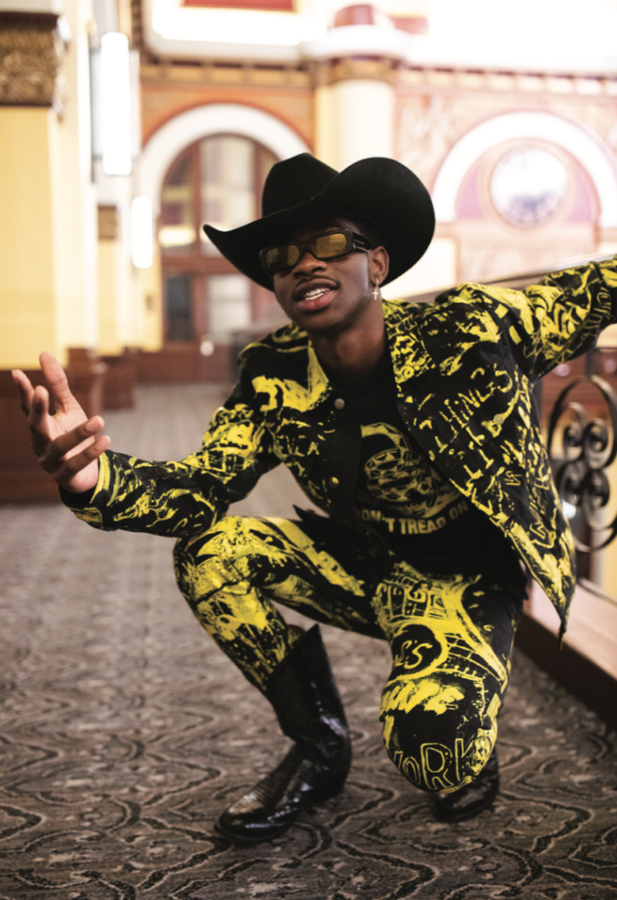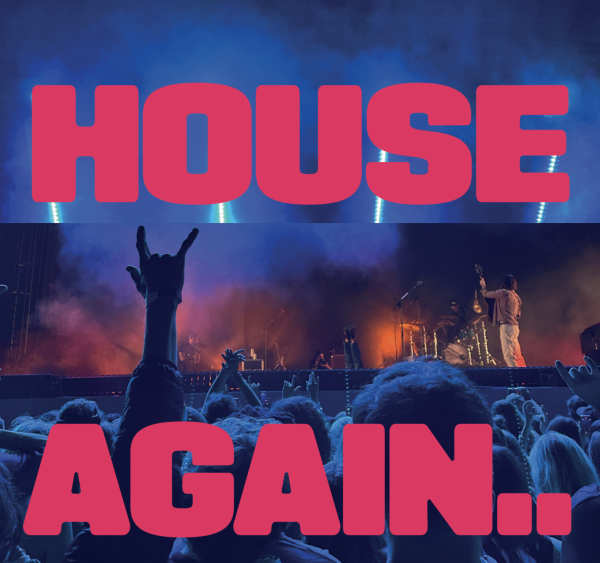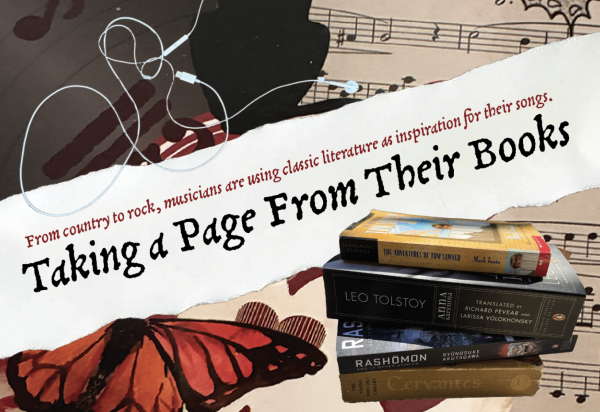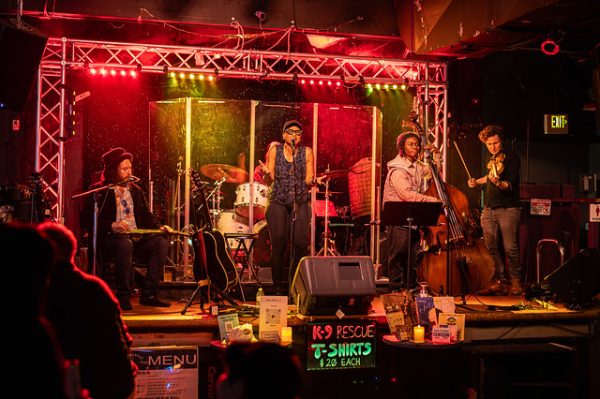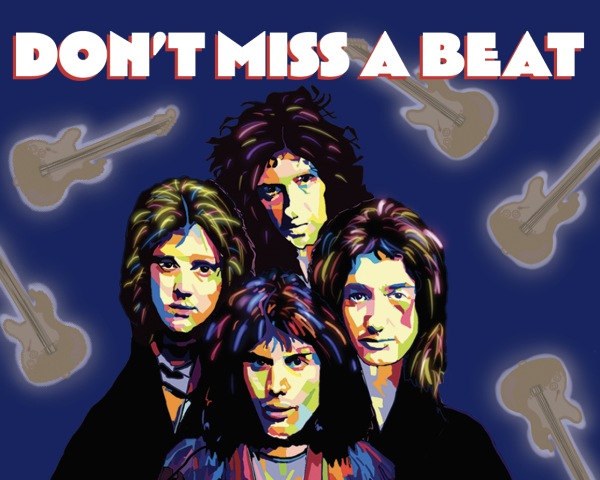Breaking Barriers
In the past, artists have questioned whether revealing their true identities to the public was worth sacrificing their reputation. However, recently, popular artists have begun to open up through their music, leading to the celebration of broken barriers.
In the past, artists have questioned whether revealing their true identities to the public was worth sacrificing their reputation. However, recently, popular artists have begun to open up through their music, leading to the celebration of broken barriers.
Traditionally, male rappers in the hip-hop industry, especially African American artists, are pressured to fit a constricted stereotype consisting of hyper-masculinity and heterosexual norms. Contrasting these previous norms, in recent years some artists began releasing songs with vulnerable and expressive lyrics that contribute to the representation of a wider narrative. Artists including Frank Ocean, Kevin Abstract, Lil Nas X and Tyler, The Creator continue to change the conversation and steer away from definitive stereotypes.
Music has always been used as a form of expression and recently has become an outlet for artists to open up about their sexuality. In 2012, Christopher Breaux, better known by his stage name Frank Ocean, made headlines after releasing a song detailing experiences with his first love — a man. From his song “Garden Shed,” Tyler the Creator sang, “Thought it was a phase/ Thought it would be like the Frank poof, gone/ But it’s still going on.”
Similar to Ocean, the popular hip-hop artist Tyler, The Creator hints to the struggle of keeping one’s sexual orientation concealed in his song “Garden Shed.” “You don’t have to hide,” he sings, “Garden shed for the garçons/ them feelings I was guarding.” People speculate that the garden shed is a metaphor for a closet, which derives from the phrase “coming out of the closet.” In addition, the word “garçons” translates to “boys” in French which justifies how people were able to infer that these lyrics were hinting at his undisclosed sexuality.
As more members of both the LGBTQ+ and hip-hop community publicly embrace their identity, remaining stigmas cause others to demoralize these individuals, a reaction common to fans and fellow artists alike. This is best illustrated in Lil Wayne’s song, “Turn On the Lights.” In the song, Lil Wayne raps, “Tell her I skate/ I ain’t got no worries/ No Frank Ocean, I’m straight.” These lyrics boosted a controversial conversation as people speculated that this reference was meant to shame Ocean for revealing his sexuality while others argued it was simply a lighthearted joke between friends.This intrusive speculation and other offensive comments discourage other artists from opening up. The growing community of support, however, has encouraged younger artists to allow themselves to be vulnerable on social media or through their songs despite the expected pushback.
Another artist who recently came out as gay on social media is the up-and-coming rapper, Lil Nas X. The 20-year-old, who struck fame with his hit “Old Town Road,” came out as openly gay on the final day of Pride Month in 2019. However, Young Thug, an older artist known for challenging rap culture gender norms himself, holds a differing opinion with Lil Nas X’s decision to come out due to continuous judgment and criticism artists can experience as a result. “I just feel like he young, and backlash can come behind anything. [His coming out] wasn’t a bad idea, and it was most definitely the best time to do it, during Pride,” said Young Thug. Even with the disapproval Lil Nas X received from Thug and the backlash voiced from others, his decision to come out as an openly gay rapper has transcended the genre and sparked a time of change in the music industry. This change has allowed more popular artists to freely share vulnerable parts of themselves through their music. In an interview with GQ Hype, Lil Nas X proudly shared, “Since I came out, people have been coming up to me saying, ‘You’re making a way for us.’”
As hip-hop and the music scene continue to progress and develop, these artists have begun to break the barriers of social and gender norms. Amongst African American artists in the industry, others have come to see traditional forms of “masculinity” as a staple factor in their appearance and performances. The “hardness” of a male rapper’s image has long been considered inherently crucial to their success in the industry.
Musicians like Frank Ocean, Kevin Abstract, Lil Nas X and Tyler, the Creator, are changing this narrative, widening the boundaries for what is considered to be a “masculine” artist through unprecedented vulnerability exemplified in their music and beyond.
“Live your life to its fullest potential and don’t really care too much about what other people think of you. I used to say that cliché, but I never really lived by it, until now,” Lil Nas X said as he happily recalled his latest announcement to the world.

C Mag’s fun and creative environment initially attracted her to joining the staff, but her favorite part of being on the publication is hands down...


